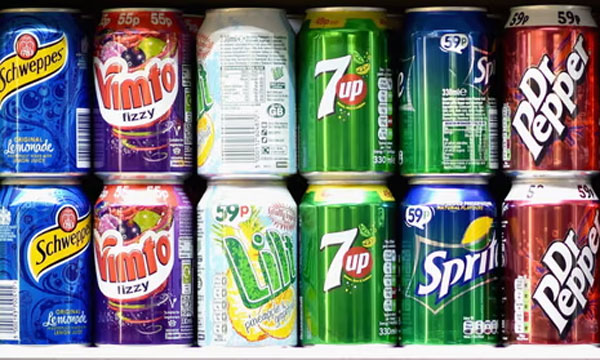Daijiworld Media Network - New Delhi
New Delhi, Sep 22: A new study by researchers from the University of Texas MD Anderson Cancer Center has revealed that the glucose-fructose mix commonly found in sugary drinks could play a direct role in accelerating the spread of advanced colorectal cancer.
While sugary beverages are often used in nutritional supplements for cancer patients, the findings suggest that their consumption might have unintended harmful effects on disease progression.
“Our research shows that diet plays a critical role not just in cancer risk, but also in how the disease behaves after it develops,” said Dr. Jihye Yun, Assistant Professor of Genetics at MD Anderson.

In the study, published in the journal Nature Metabolism, researchers used lab-based cancer models to compare the effects of glucose alone, fructose alone, and the combined glucose-fructose mixture typically found in sweetened beverages.
Only the glucose-fructose mix significantly increased cancer cell mobility, leading to a faster spread of tumors — particularly to the liver, which is the most common site for colorectal cancer metastasis.
The mechanism behind this aggressive spread involves the activation of an enzyme called sorbitol dehydrogenase (SORD). This enzyme enhances glucose metabolism and stimulates the body’s cholesterol pathway — a process also linked to cancer metastasis.
Interestingly, statins, which are widely used cholesterol-lowering drugs, work by inhibiting this same pathway. The researchers found that blocking SORD slowed the spread of cancer, even when sugary drinks were present in the model.
“These results suggest that targeting SORD, reducing sugary drink consumption, or even repurposing statins could offer new therapeutic strategies to manage colorectal cancer,” Yun noted.
This study builds on previous research from Yun’s lab, which had already shown that even moderate consumption of sugary drinks can promote tumor growth in early-stage colorectal cancer, independent of obesity — traditionally viewed as the main link between sugar and cancer.
Given these findings, the researchers recommend a re-evaluation of current dietary guidelines for cancer patients, particularly those in advanced stages.
“While more clinical studies are needed, it may be time to reconsider advising sugary drink consumption for nutritional support in cancer care,” Yun added.